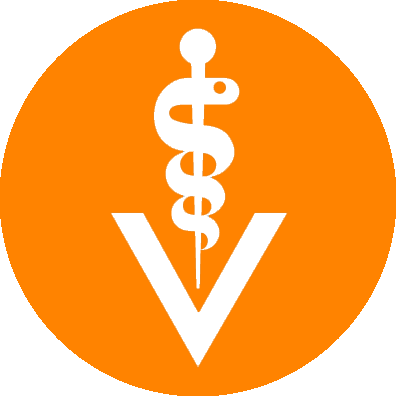Oklahoma State University President Kayce Shrum, a doctor of osteopathic medicine with post-graduate executive training at Harvard and Stanford Universities, has a long and successful career in human hospital system management. She was selected as OSU’s 19th President due in large part to her success in transforming human health systems.
“That’s why we’re so confused about her approach to VetMed,” a prominent CVM alumnus shared with us. “Does she have the same data that we have? Why is everything top secret? Because it’s not realistic to think she can be ok with what’s occurring at VetMed right now. It’s just not possible. I think she's only hearing from one person, apparently."
While highlighting the strong student pass rate at the Board of Regents meeting on September 8, 2023, Dr. Shrum made no mention of the significant challenges facing CVM, including a mass exodus of faculty and staff, the shuttering of key medical services, our poor reputation across the industry, workplace toxicity, inability to recruit talent, and survey responses indicating significant doubts about strategic direction.
A review of Board of Regents meetings reports and interviews with attendees dating back to the beginning of Dr. Shrum's tenure reveal that she has not reported to the Board any of these challenges, at least not in a public forum. In fact, most reports have been entirely positive.
"Part of her job is to be an aspirational leader, so I get why she would not want to harp on really bad things," said this alumn. "But even if you're protecting the institution somehow, why acknowledge none of it? We're starting to wonder if she really has full information, because there's no indication from anyone up there that they know."
This alumn went on to highlight several issues that s/he feels Dr. Shrum should know about, but wonders if the information is being filtered before it gets to her. “It’s one thing to know that the Cowboys lost the game, it’s another to know why. If you know why, you can fix it for the next game.”
“Our reputation is in the dumps across the whole (veterinary) industry,” claimed this alumn, who has worked in the veterinary profession as a practitioner, professor and consultant to national associations. “Kayce knows this, I can’t imagine that she doesn’t. But the question to ask is why she thinks it’s happening. She knows the rankings and do you know what those rankings are? The deans and faculty of other vet colleges vote. How embarrassing what our peers think of us. When the OSU press office sent out a press release celebrating how we are just outside the top 25 I would be shocked if Kayce really believed that was worth celebrating.”
The US News and World Report 2023 veterinary school rankings , which lists CVM as achieving the 6th lowest score out of 33 evaluated schools, were computed solely from the results of peer assessment surveys completed by deans, other administrators or faculty at accredited degree programs or schools, with a 53% response rate within the veterinary field, according to the reported methodology.
"I don’t think anyone in Kayce's inner circle could possibly know how bad CVM’s reputation is in the industry, not just in academia, because they're not from that world. You cannot recruit with a reputation this bad. Who is telling her the truth? Or I bet people, certain people, they just tell her, 'hey there’s this vet shortage everywhere and nobody wants to work in Oklahoma and it’s just bad everywhere.' It's really handy to convince your boss of that, right? I’m the hero just fighting the good fight, the impossible fight."
In a discussion that focused on strategic opportunities for both CVM and, more generally, for other veterinary colleges in North America, this alumnus explained that OSU is about to make institution-altering decisions following the influx of taxpayer cash, and it appears they are content to trust failed leadership with tens of millions of dollars and the future of CVM.
“Kayce's basically saying, ‘well students are passing their boards and that’s all that matters’ but when you have dozens and dozens of people leave your organization in just a few years, you’ve got a miserable workforce, no cases coming through the door, total disarray, referring vets telling their clients NOT to come to us, you got it? You can say on the one hand, well, students aren’t failing but should you really ignore everything on the other hand? How many services have closed at the hospital? Is it too much to ask that kids be taught AND that the place be managed well?”
In survey results and interviews with current and former students, staff and faculty, as well as pet parents, referring veterinarians, alumni and donors, the most frequently mentioned words were “toxic” and “retaliation” or other forms of those words (such as “miserable at work” and “targeting”).
“I’m not surprised,” said this alumn, “Most of us already know this. Well, most of us who are still connected, still plugged in, you know. We hear it constantly, just a constant, my phone rings a few times every week with someone calling to tell me what’s happening there. It’s depressing.”
“It’s almost like the University is afraid to fix things, to really look at things at CVM, like an ostrich with its head in the ground. Because if they pull their head up and look, it’s like they think all these liabilities will just appear out of nowhere and they're afraid of that. But I got news that’s not how things work. All this stuff is happening whether you choose to look away or not."
